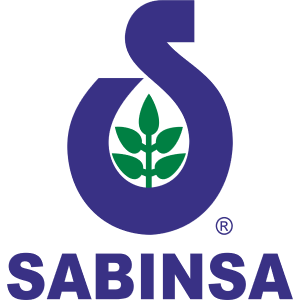In the 1950’s endocrinologist Hans Selye described stress as “the consequence of the failure to adapt to change, specifically the inability to respond appropriately to emotional or physical threats to the organism, whether actual or imagined.” It is a logical inference, therefore, that coping with stress involves approaches that boost an individual’s adaptability to change. Nature provides a number of phytonutrients that function as relaxants, “adaptogens” or “revitalizers”, with a positive influence on the symptoms of stress including anxiety, insomnia, depression and irritability. The resultant “fight‐or‐flight” response by the autonomous nervous system culminates in cardiovascular, respiratory, gastrointestinal, renal, and endocrine effects. The hypothalamicpituitary‐ adrenal axis (HPA), a major part of the neuroendocrine system is also activated by release of CRH and AVP. Adrenocorticotropic hormone (ACTH) is released from the pituitary gland into the general bloodstream. This results in secretion of cortisol and other glucocorticoids that carry the stress response to various body tissues and organs, and ultimately contribute to the termination of the response via feedback inhibition. Stress significantly affects the body’s immune response as well and compromises resistance to microbial infection and other environmental stressors.










